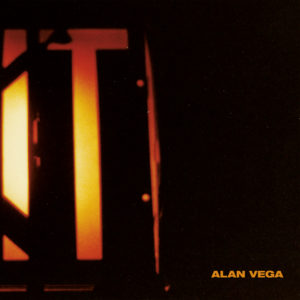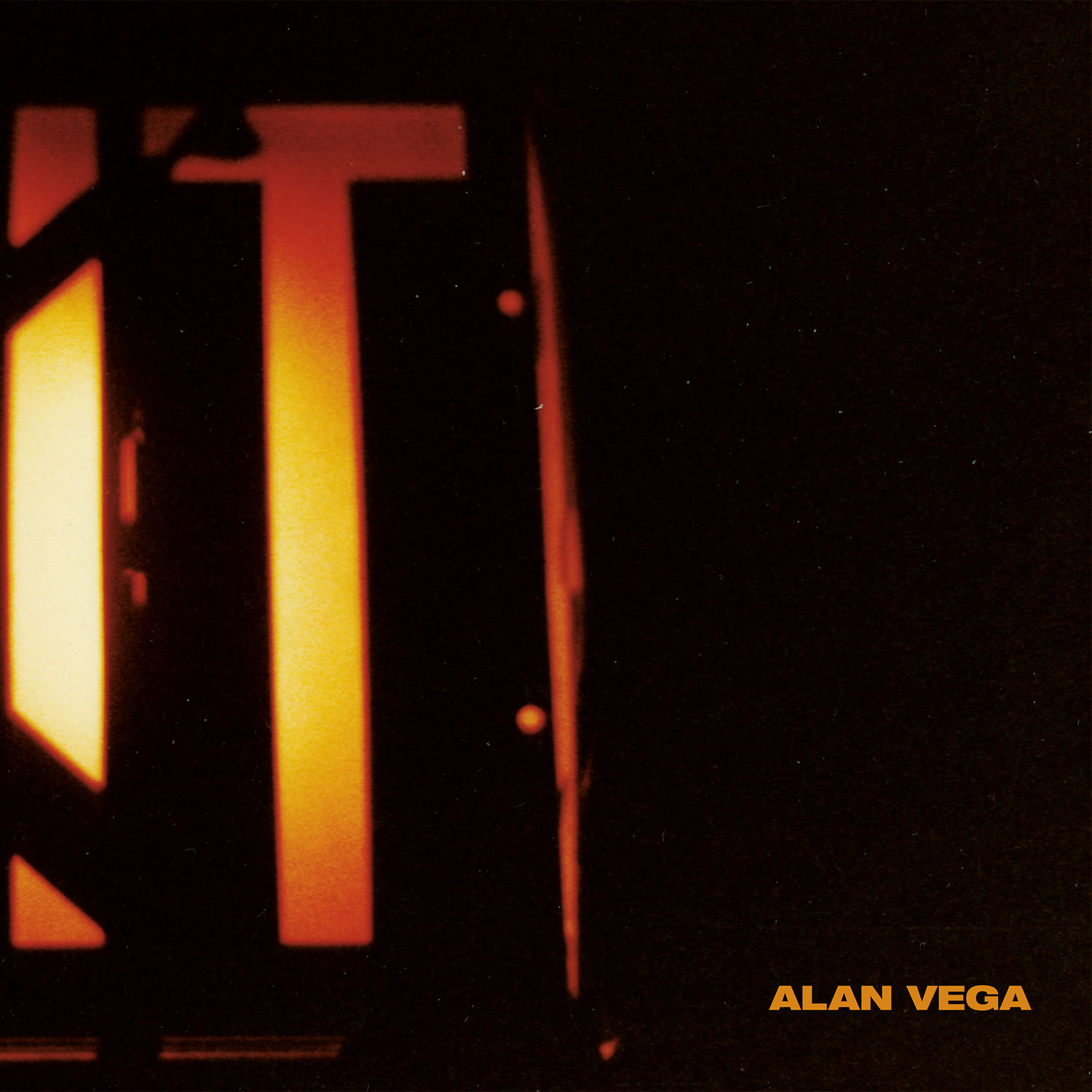Alan Vega
IT
FADER
6/10
Alan Vega was an enigma. Like many of the hugely influential forefathers of modern music, the Suicide co-founder and his successes have been somewhat overshadowed by his progeny; the particulars elude. Born in either 1938 or 1948 (the latter Mr. V’s original declaration, the former the truth), Vega saw God at a 1969 Stooges show in Queens and henceforth dedicated his life to the pursuit of incendiary rock and roll. Initially a visual artist, he launched his music career in 1970 when he met fellow eccentric Martin Rev. Immediately revered and feared, Suicide’s sparse synthy and shouty electronica was the precursor to many modern musical genres; their output was relatively short-lived and Vega followed Suicide with a lengthy solo career.
He died last year after years of health problems, and IT is his swan song—his “final statement”—an album that concludes a life and body of work that was always making its mark at the very edges of acceptability. The city of New York was always an integral part of Vega’s DNA; Suicide were one of the first bands to make Max’s their home, and their image was synonymous with the brutally hard reality that was NYC in the ’70s. Not surprisingly, the city was a major source for Vega here; he was inspired by—and even recorded street noise during—the frequent late-night walks that he would take through the streets of downtown.
Another, less enthralling source of inspiration was global news reports, the results of which are represented in songs such as “Screamin Jesus,” which starts, naturally, with a blood-curdling fifteen-second scream and includes the line “ The red, white, and blue is destroyed.” Most tracks follow a similarly loose structure that has Vega spitting out a seemingly stream of consciousness bit of street poetry over repetitive synth beats and industrial noise; as with much of his body of work, the overall effect is at times both comforting and jarring.
Due to his health issues, Vega was most likely aware that IT would be one of his final creations, yet he shouts it down in “Prophecy,” one of the album’s more poignant tracks. I will survive… I will go on and on… So fuck you, killers… I stand, it’s my prophecy,” he exclaims. Like New York back in the day, Vega’s resilience is inspiring—and still a little scary.







